What is egg donation? Standards and procedures to be met0 (0)
Egg donation is an altruistic act by which a woman donates her eggs so that another woman or couple can conceive a child. It is a fundamental process for women who cannot use their own eggs due to various reasons, such as premature ovarian failure, early menopause, genetic diseases, aggressive medical treatments (chemotherapy or radiotherapy) or low ovarian reserve.
Who can donate eggs?
The requirements to be an egg donor vary slightly depending on the clinic and the legislation of each country, but generally include the following criteria:
- Age: most clinics set an age range between 18 and 30 years old, although some accept donors up to 35 years old. This age range is considered optimal for egg quality and quantity.
- Good physical and mental health: donors must be in good general health, with no history of genetic, infectious or chronic diseases that could be transmitted to the future baby. A psychological evaluation is also performed to ensure the donor’s emotional stability and understanding of the process.
- Family medical history: a thorough review of the family medical history is performed to rule out inherited genetic diseases.
- Healthy lifestyle: donors are required to be non-smokers, drug-free and have a moderate consumption of alcohol. A balanced diet and regular exercise are also valued.
- Compatibility with the recipient: in some cases, a certain physical compatibility between donor and recipient is sought, such as blood group, Rh and general physical characteristics. However, this is not always a prerequisite.
- Medical tests: donors must undergo a series of medical tests, including blood tests for infectious diseases (HIV, hepatitis B and C, syphilis), genetic testing, vaginal ultrasounds to assess ovarian reserve, and a complete gynecological examination.
Standards to be met to become a donor
In addition to the above requirements, donors must meet certain ethical and legal standards:
- Anonymity: in most countries, egg donation is anonymous, meaning that the donor and recipient do not know each other. However, in some cases, known donation is allowed, usually between family members or friends.
- Informed consent: the donor must sign an informed consent form detailing all aspects of the process, including the risks, benefits and her rights.
- Commitment to the process: the donor must commit to follow medical indications, attend scheduled appointments and take the prescribed medication for ovarian stimulation.
Egg donation is a complex process that requires a significant commitment from the donor. If you are considering donating your eggs, it is important to become adequately informed about the process and requirements in your country. Contact a specialized fertility clinic for more information and to resolve all your doubts.
